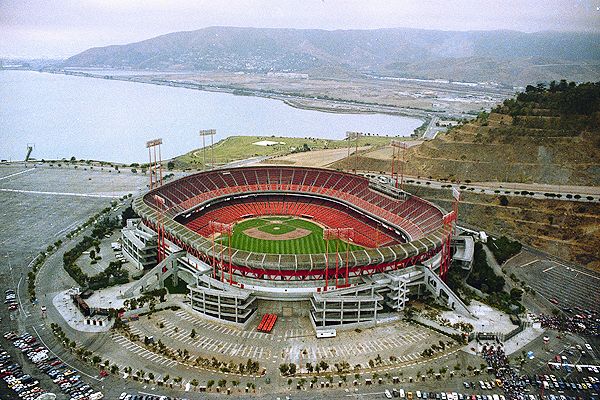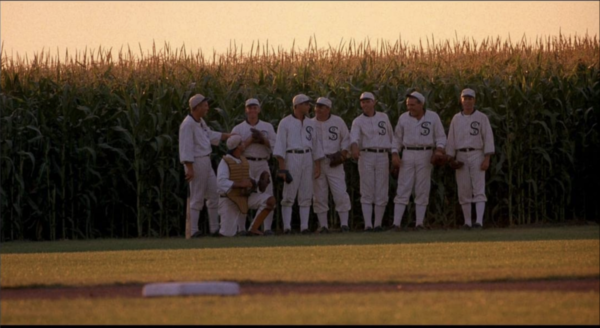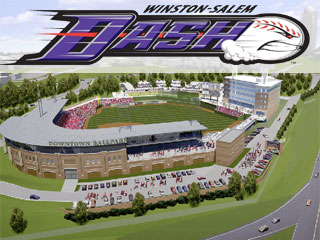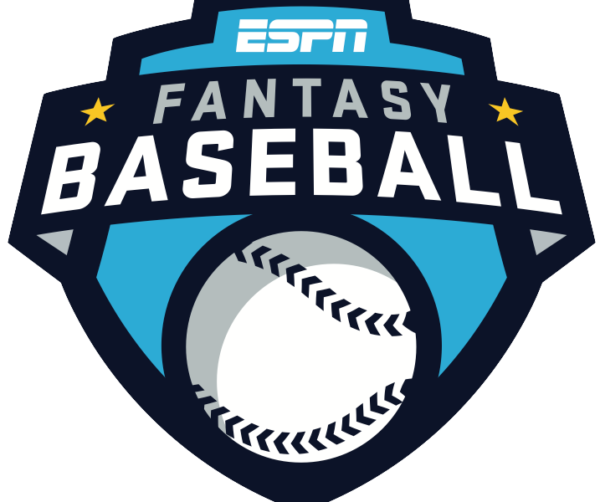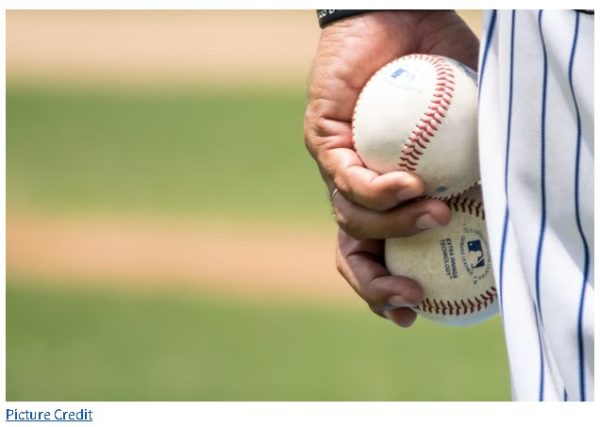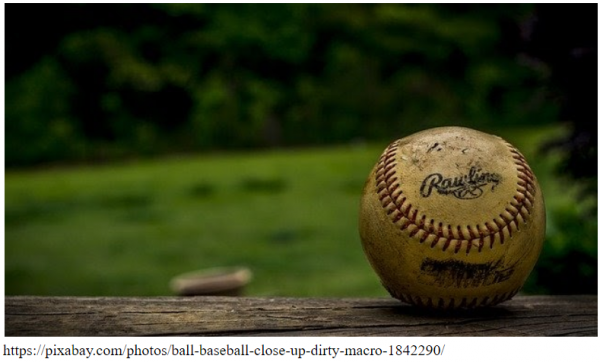 The Baltimore Orioles did the right thing to relieve Dave Trembley of his duties as manager, but being outscored 19-2 by the Boston Red Sox in their first two games after his departure is a reminder that the troubles for this once proud franchise run much deeper than just one person.
The Baltimore Orioles did the right thing to relieve Dave Trembley of his duties as manager, but being outscored 19-2 by the Boston Red Sox in their first two games after his departure is a reminder that the troubles for this once proud franchise run much deeper than just one person.
It is difficult to remember that this is the same Orioles’ franchise that between 1966 and 1997 was arguably as significant and successful an organization as any in professional baseball.
During that span, the Orioles won three World Series, played in the World Series six times and reached the playoffs 10 times. Only the Oakland A’s with four World Series titles for their 10 playoff appearances and six World Series trips had a better showing during that stretch.
From the beginning of divisional play in 1969 through 1997, the Orioles won the American League East eight times while the New York Yankees, Boston Red Sox and Toronto Blue Jays each claimed the division five times.
In addition, with the opening of Camden Yards in 1992, the Orioles completely changed the landscape for how teams approached new stadiums. Most of the new ballparks opened over the last 18 years have been patterned after the ballpark in Baltimore that was the first to combine modern amenities with a retro feel that makes going to a baseball game a special experience.
So, given that impressive history, it illustrated just how bad things have gone over the last decade that in recent days a number of members of the national media have characterized the Orioles as the least relevant team in Major League Baseball.
Given that Kansas City and Pittsburgh have been worse than the Orioles for significantly longer, I’m not sure I completely agree with the characterization, but sadly they aren’t far from earning that distinction.
While the Red Sox and Yankees have become the dominant teams in the American League with a combined 11 division titles and six World Series titles in 12 years, the Orioles haven’t posted a winning record since 1997 and last won as many as 78 games in 2004.
For the first few years of this stretch the Orioles seemed to refuse to recognize that they were no longer close to title contention and spent wildly to try and compete with the Yankees and Red Sox.
Eventually, management realized that the problems within the franchise were greater than what could be fixed by a couple free agents and they stopped spending lavishly on veteran players.
Instead, they have tried to rebuild through the draft and by getting quality prospects in trades for marquee veterans.
Though the result was a short-term reduction in victories, it seemed that the long-term dividends would be worth it as the Orioles looked like they were building a team that could eventually contend regularly with the Yankees and Red Sox.
At least that seemed to be the case before 2010.
Prior to the start of this season, team president Andy MacPhail boldly claimed that the Orioles were no longer simply rebuilding and that the success of the 2010 team would also be determined by success on the field.
If that is the case, then the 2010 team has been a complete failure.
Trembley was fired after winning just 15 of their first 39 games. The Orioles are currently on a pace that rather than contending with the Red Sox, Rays and Yankees for a division title, they are in contention to join the 1962 Mets and 2003 Tigers as the worst teams in baseball history.
What is perhaps most disappointing about the 2010 Orioles is that many of the talented young players that created the atmosphere of optimism during spring training have taken distinct steps backwards in their progress this year.

Catcher Matt Wieters is the cornerstone of the young Orioles. After a great rookie season and solid start to 2010, Wieters has been in a horrific slump over the last month and looks like a player with absolutely no confidence in his abilities.
It is doubtful that Wieters will be sent back to the minors, but that has already happened to the other top rookie for the Orioles from a year ago, Nolan Reimold. After hitting .279 with 15 home runs as a rookie, Reimold was hitting .205 with two home runs when sent back to the minors.
There is now talk that rather than joining Adam Jones and Nick Markakis to form one of the best young outfields in baseball, the Orioles are now looking at first base as the future position for Reimold.
While Markakis has been solid so far in 2010 (.288, 3 HR, 17 RBI), Jones has been off to a slow start. The 2009 All-Star and Gold Glove winner is hitting just .248 with six home runs so far in 2010.
Much of the excitement about the future for the Orioles has been centered around a bevy of young starting pitchers that many have said could give the Orioles their best starting rotation since their glory days in the 1970s and 1980s.
So far in 2010, the young pitchers have looked more like batting practice pitchers than future All-Stars.
None of the young starters have an ERA under five runs per game and have taken turns being moved to the bullpen.
The Orioles still have a solid nucleus of players that could one day be the core of a contending squad. However, it is obvious that the Orioles still have a number of weaknesses that must be addressed if they hope to eventually end their growing streak of losing seasons.
It was obvious that Trembley was not the manager capable of getting the Orioles to the next level. However, before finding the right leader, the Orioles must continue making moves that give the next manager enough weapons to contend in the toughest division in baseball.
The Orioles may not be ready to contend, but if this tough start has taught the O’s anything, hopefully that they cannot just assume that building through the farm system is going to guarantee future success. They must be aggressive in bringing to Baltimore the right mix of veterans and young players to contend.
It doesn’t look like the O’s will snap their streak of losing seasons in 2010, but hopefully over the final four months of the season they will truly show enough progress that when MacPhail claims that 2011 is the year for them to contend, he won’t have to eat his words before the season is two months old.

![Reblog this post [with Zemanta]](http://img.zemanta.com/reblog_e.png?x-id=2b0635eb-3a9f-41af-aff3-95d8690a41cd)


